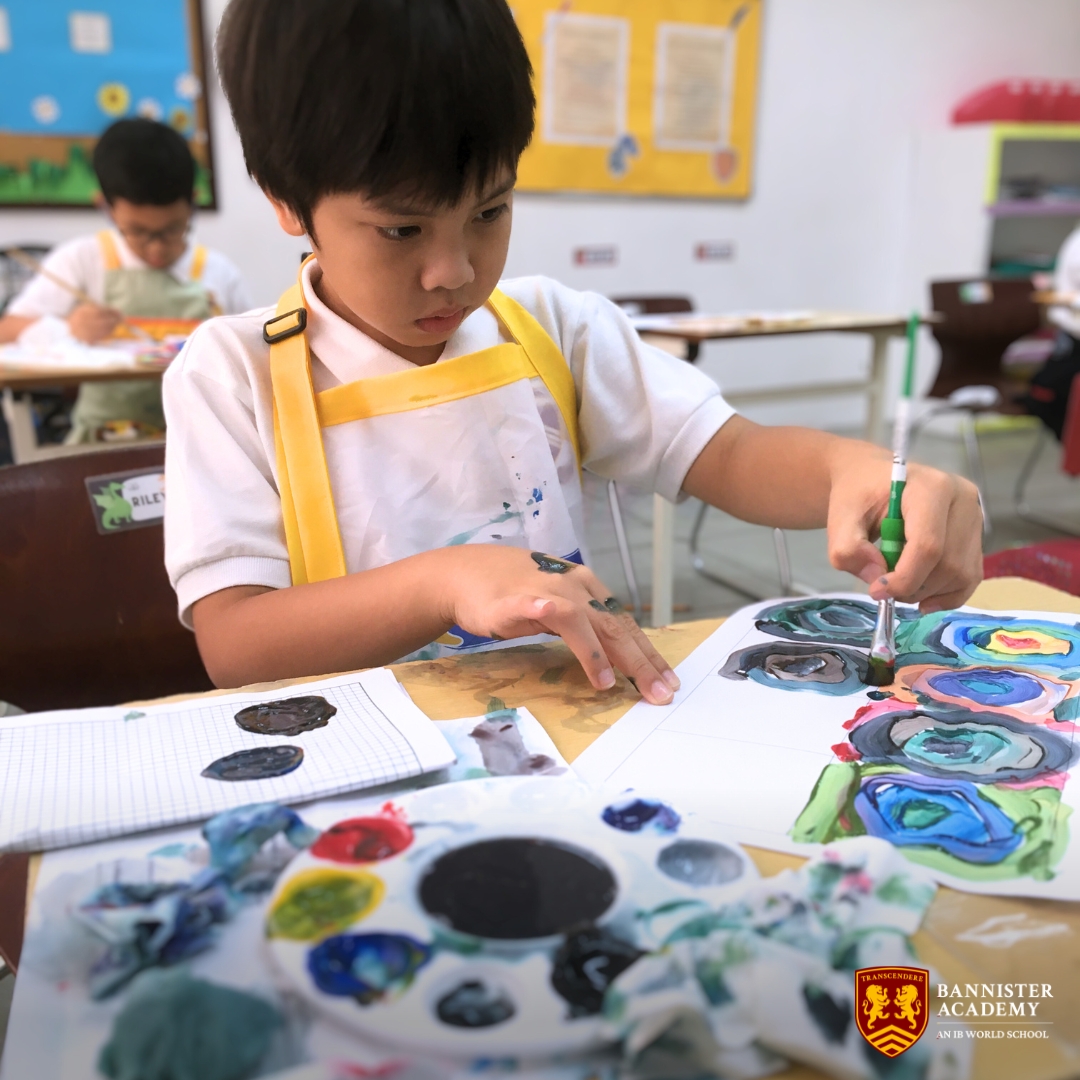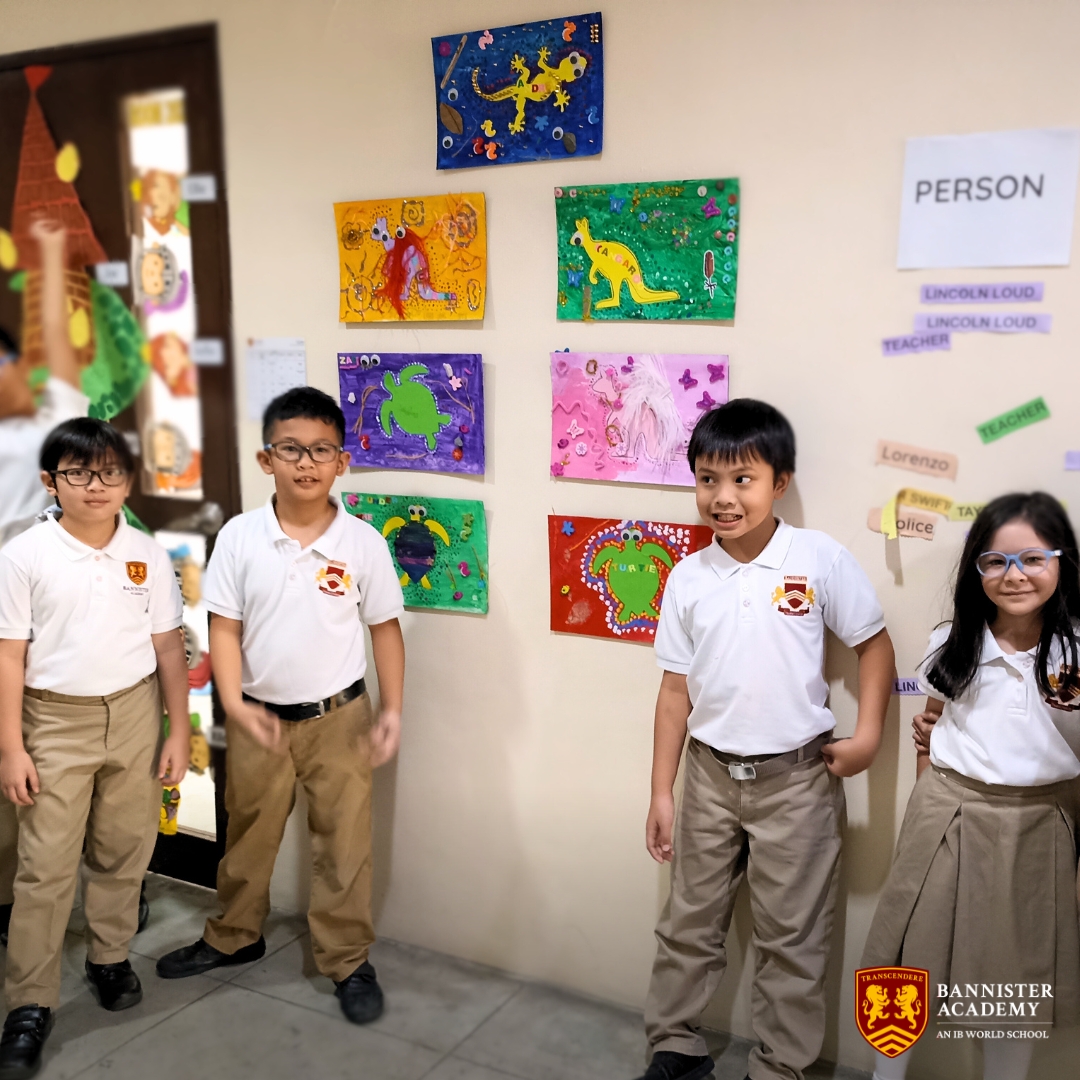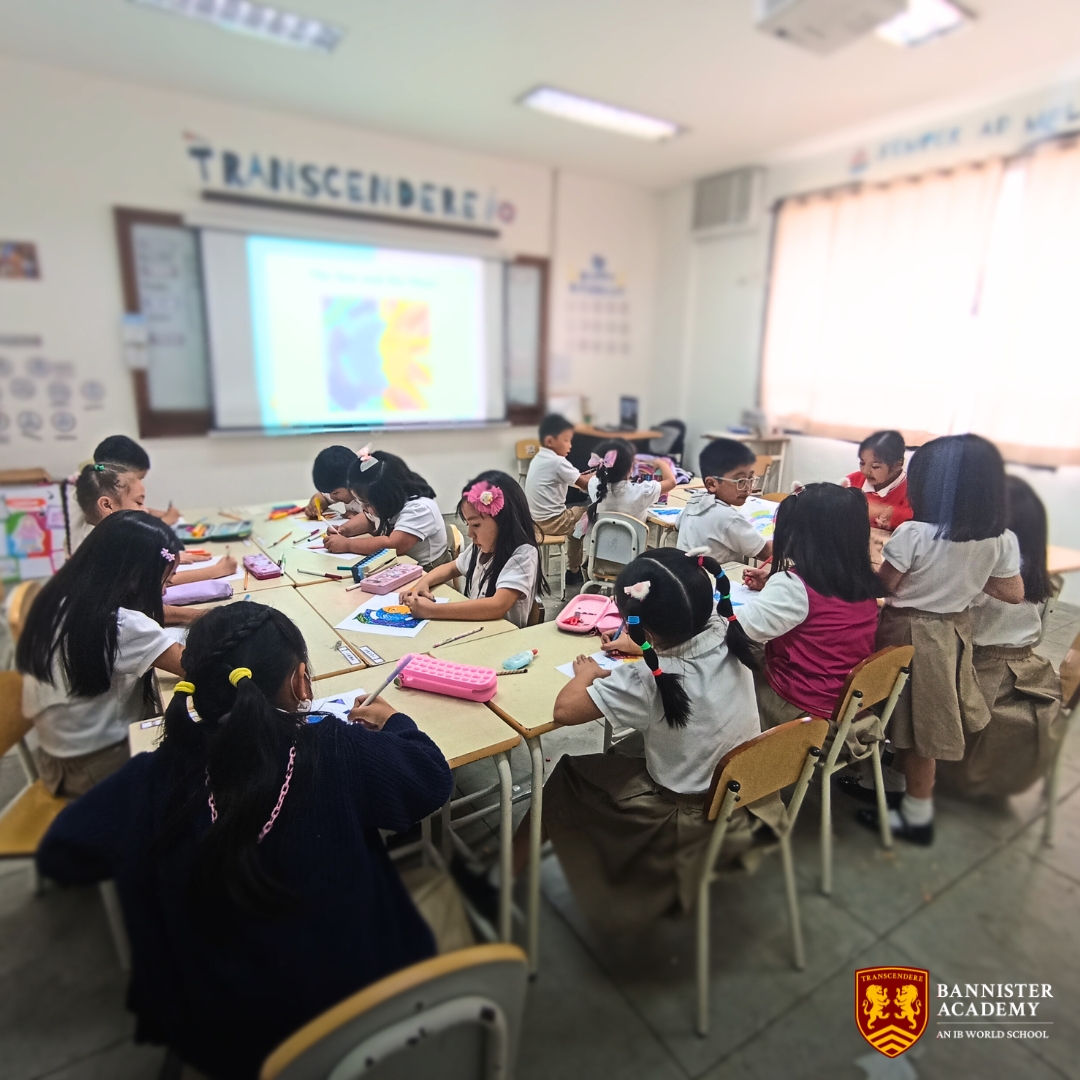Bannister’s educational program is patterned after the classical educational program called the Trivium. A classical education is a three-part process of training the mind.
Paideia is a set of beliefs about education including active and rigorous teaching methods Paideia is a holistic approach to life-long learning with roots in ancient Greece.
The study of Latin teaches students how to think critically and analytically, and how to handle concepts with ease.
K-12 Education lays down the cornerstones for fundamental language and critical thinking skills.
In its commitment to mold Renaissance men and women in, and for, the modern world, Bannister Academy models its program after the Trivium, a classical education process of training the learner’s mind.
A classically-educated person understands that all knowledge is interrelated, and thus makes connections among various disciplines that provide him or her with an expanded information base from which to draw upon.
Following the pattern of Grammar — Logic — Rhetoric, the Trivium is a systematic and rigorous education structure that matches the stages of learning with the cognitive capacity of a learner’s mind at a particular age. It defines and attaches clear goals for every stage.
The rigor of classical education allows the learner to participate and assert his or her value in conversation, and at the same time develops virtue, which Aristotle defines as the ability to act in accordance with what is right.

This stage comes in the early years of elementary schooling when a learner’s mind is predisposed to absorb information. In the same way that grammar is the foundation of learning a language, the Grammar Stage of Classical Education lays the fundamental building blocks upon which the learner’s capacity for the succeeding stages of learning are built.

The second stage comes at around middle school age, when a learner starts to think more analytically. More than factual information, a learner begins to pay more attention to cause and effect, to the relationships between different fields of knowledge, and the way facts fit together into a logical framework.

Armed with the foundational information learned in the early grades and the understanding and application of rules of logic, a learner in this stage is able to write and speak eloquently and elegantly, with force and originality.